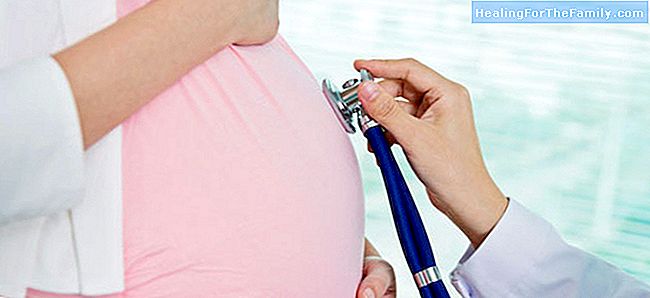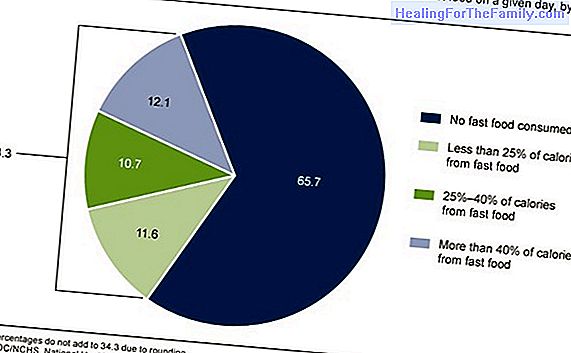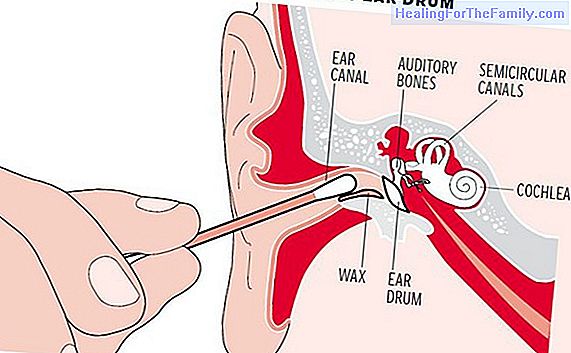Hyperthyroidism in pregnancy
These are very rare cases, but it can happen. Hyperthyroidism during pregnancy is difficult to detect, since there is radiological evidence that can not be done (because it could be harmful to the fetus). But there are other clinical tests that could find him. At that time the pregnancy becomes risk
These are very rare cases, but it can happen. Hyperthyroidism during pregnancy is difficult to detect, since there is radiological evidence that can not be done (because it could be harmful to the fetus). But there are other clinical tests that could find him.
At that time the pregnancy becomes risk, especially for the effects it can cause in the baby. Normally this hyperthyroidism is caused by Graves' Disease (an excess production of thyroid hormones).
Symptoms of hyperthyroidism in pregnancy

Surely the pregnant woman already felt badly before being diagnosed with the disease. Among the main symptoms are weight loss, fatigue and muscle weakness, as well as eye irritation. But of course, many of these symptoms are confused with the typical discomfort of the first trimester of pregnancy. Sometimes the diagnosis takes to arrive for this reason.
Consequences of hyperthyroidism in pregnancy
A hyperthyroidism in uncontrolled pregnancy, can lead to premature birth and low birth weight in the newborn, the development of congenital malformations and even the birth of dead babies. It also puts the health of the pregnant woman at serious risk, as there may be sudden increases in tension, dehydration and tachycardia. The most dangerous is that all these symptoms result in what doctors call 'thyroid storm', a situation of high risk to the mother.
The mother with hyperthyroidism in pregnancy can transmit this same disease to her child. There would be a case of neonatal hyperthyroidism. However, do not be alarmed, because the symptoms of hyperthyroidism in the baby disappear in a few months.
Treatment of hyperthyroidism in the pregnant woman
The problem comes with the treatment. The dose of medication must be smaller so that it does not affect the fetus. Many studies are still missing, but an excess of antithyroid drugs during pregnancy could trigger hypothyroidism in the baby or a congenital defect. That's why radioactive iodine , for example, is contraindicated.
In the case of mild hyperthyroidism during pregnancy, doctors prefer not to start any treatment and constantly monitor the health of the baby and the mother.
Hyperthyroidism during pregnancy improves in the last trimester of pregnancy and increases again during the postpartum period. The doctor will increase the dose of antithyroid drugs during this stage. However, this does not prevent breastfeeding.












